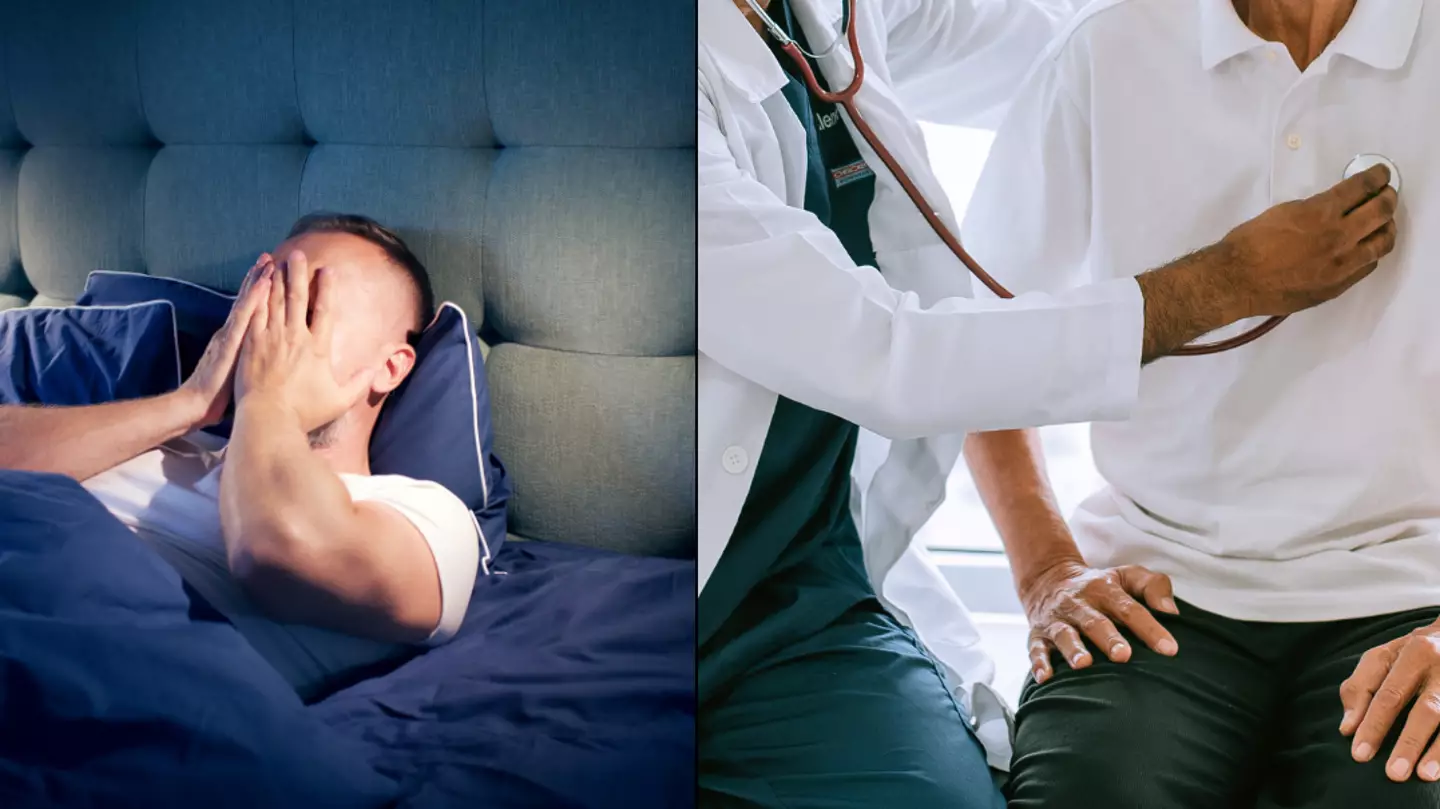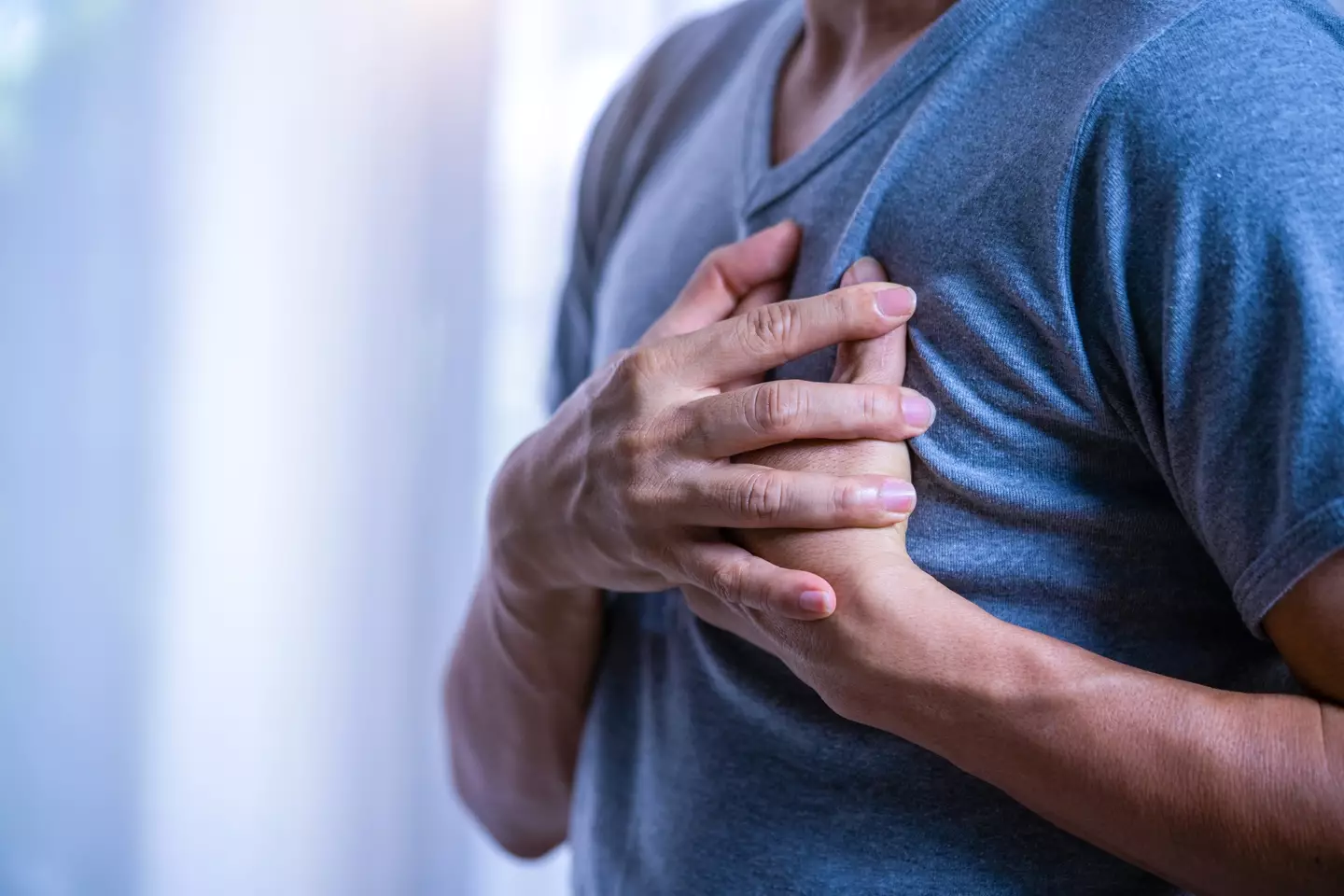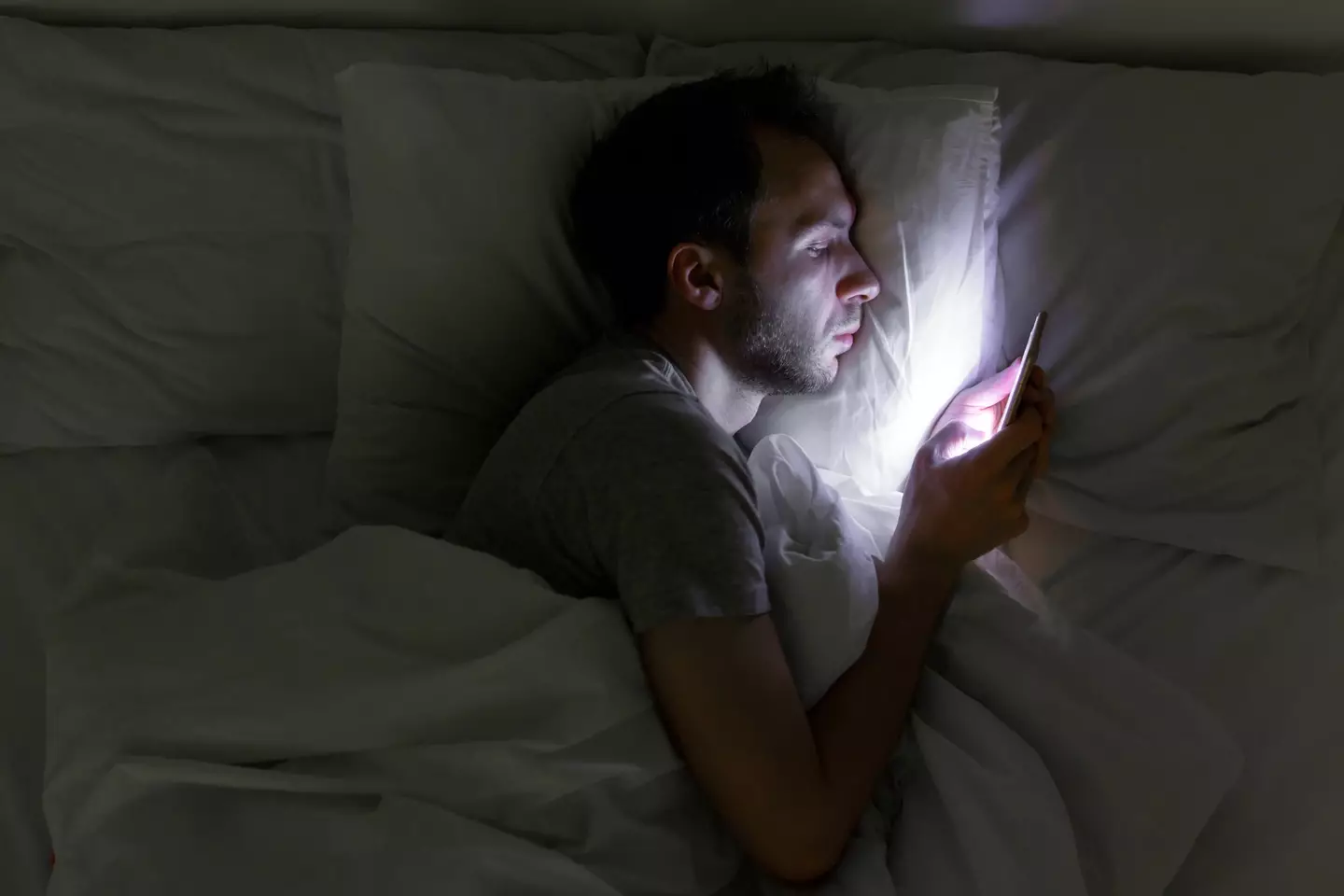
If you've ever experienced heart palpitations, you'll know that they're pretty unpleasant to say the least.
While most of the time, we don't even notice our heartbeat, experiencing a palpitation can be extremely unnerving and induce a variety of different symptoms, including anxiety - which really doesn't help the situation.

What exactly is a heart palpitation?
Well, over on the Guys and St Thomas' Specialist Care website, consultant cardiologist, Dr Mumin Noor explains that palpitations are essentially 'the sensation of being aware of your heart beating'.
"They are a common condition and not usually a serious cause for concern," he explains.
Advert
“It may feel like your heart is pounding, fluttering, beating irregularly, or beating faster."
You can feel palpitations in your chest or neck and the feeling can last for just moments or even minutes.
While they are often harmless, they can sometimes indicate a condition like arrhythmia, which is an irregular heartbeat.
You might have noticed palpitations at night time, which can sometimes occur as a result of lying down.
“It is understood that people who sleep on their side – in particular on their left side – could be more likely to have heart palpitations at night. Because the heart is next to the chest wall, the sensation can reverberate more strongly in this position,” says Dr Noor.
You may also be more aware of your heartbeat at night, due to the fact it's quiet and there are fewer distractions.
Symptoms include:
- Rapid heart rate
- Irregular heart rhythm
- Fluttering in the chest
- Pounding sensation in the chest or neck

The NHS explains that there are a number of factors that can increase the risk of palpitations.
These include:
- Strenuous exercise
- Lack of sleep
- Stress and anxiety
- Medicines (check the leaflet that comes with the medicine)
- Alcohol, caffeine, nicotine and recreational drugs
They add: "Sometimes heart palpitations can be a sign you're going through the menopause. Some people get them during pregnancy.
"Less often, they can be caused by a condition such as iron deficiency anaemia, an overactive thyroid (hyperthyroidism) or a heart rhythm problem (arrhythmia)."
When to seek medical help
They note that if you have chest pain, shortness of breath, or you feel faint, seek urgent medical attention and call 999.
If you are concerned about heart palpitations, it's important to consult your doctor.
You may be able to have an ECG which is a non-invasive test in which small pads are stuck to your skin to assess the electrical signals coming from your heart.
Topics: Health
